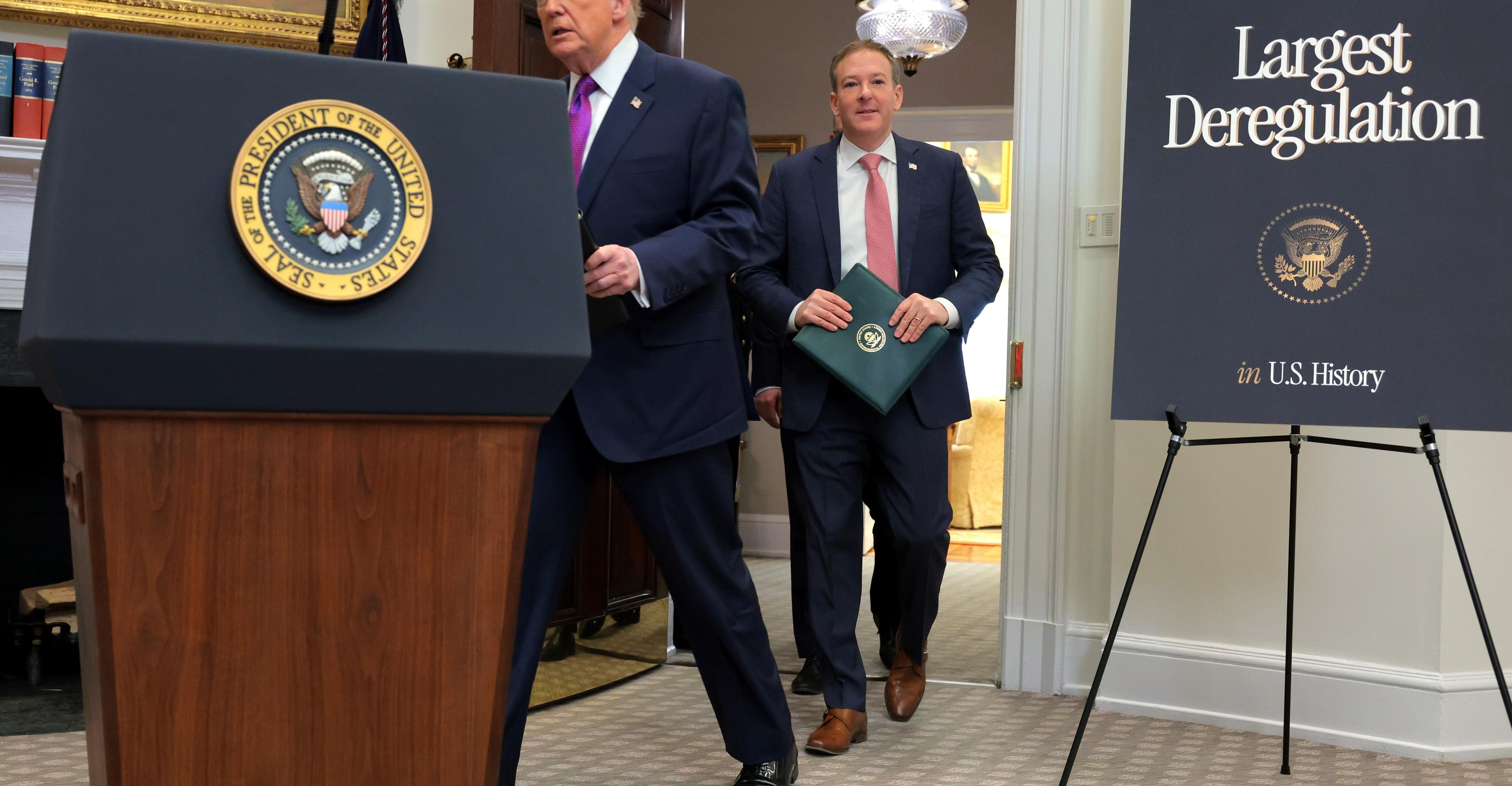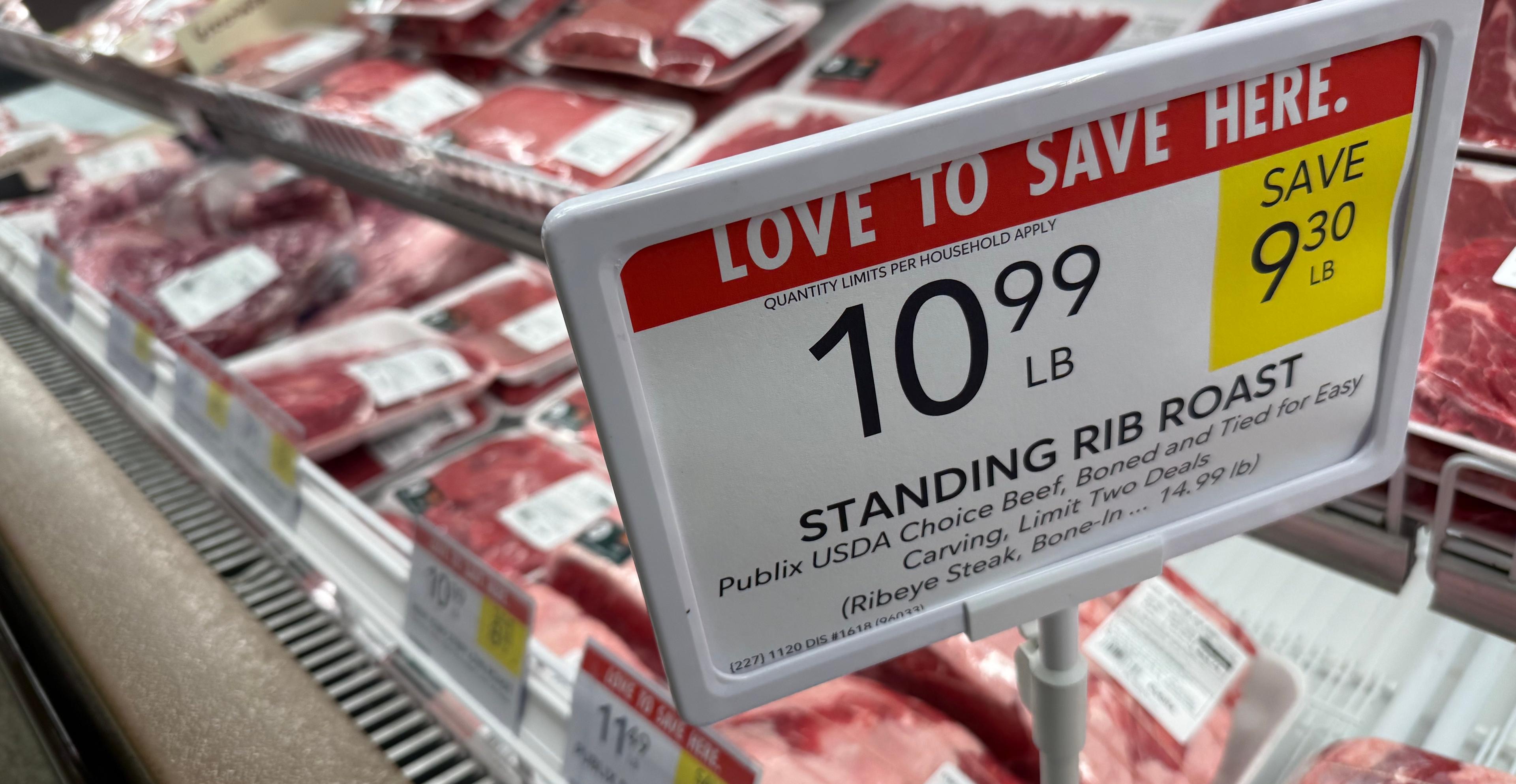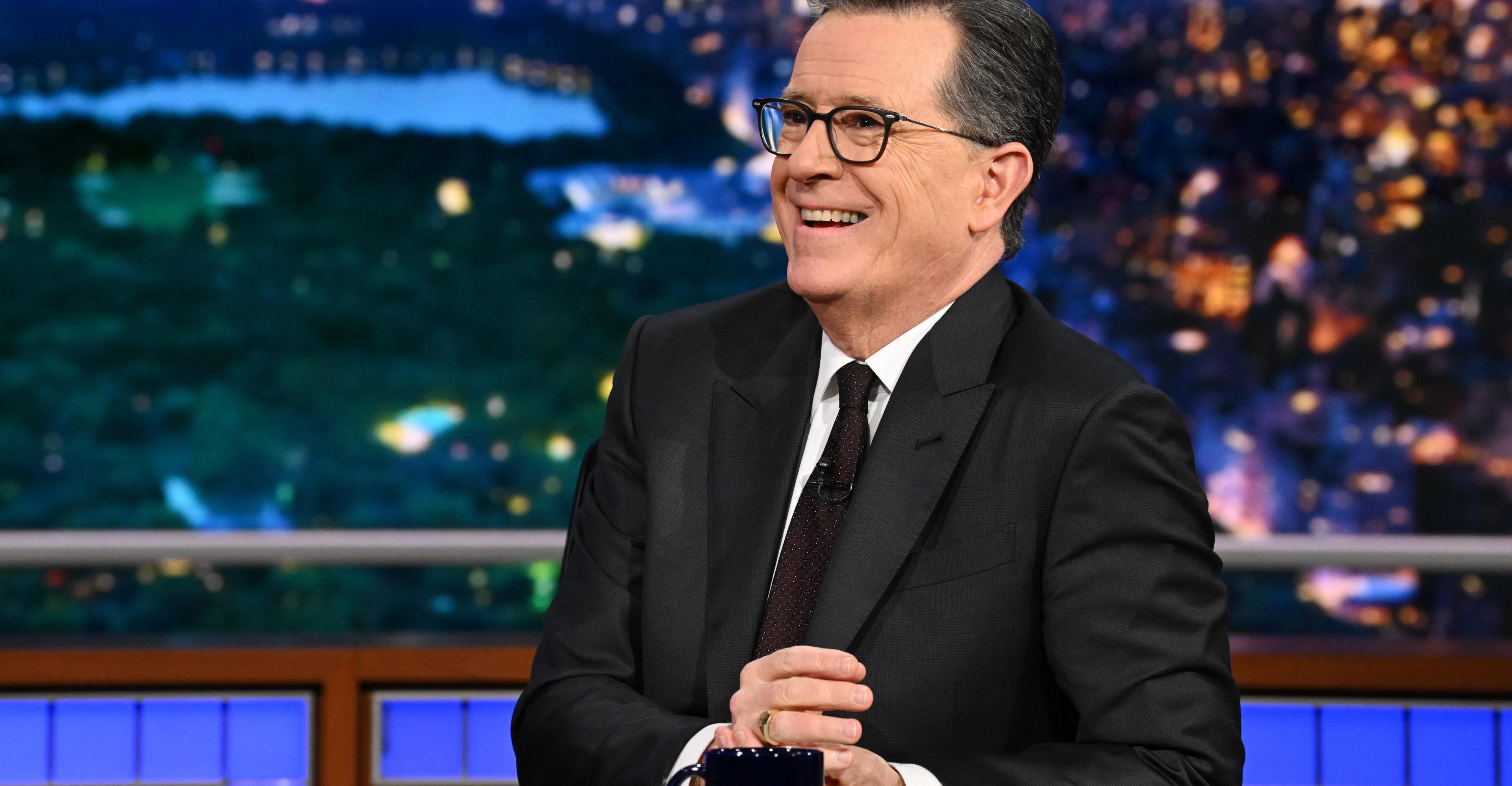Once a year, the absurdities of the US health care system are laid bare for everyone to see.


Open enrollment is a headache. Health insurance and FSAs can be a hassle. The American system for providing insurance benefits is as much an accident of history as the result of careful planning, and it is protected as much by inertia and special interests as by any evidence that it is the ideal infrastructure for the world’s wealthiest nation.
But we seem to be stuck with it. How could that be? The truth is that even as a growing number of Americans struggle to afford the care they need, an even bigger number are protective of the benefits they currently have.
If you take a step back, it is a bit of a miracle that the system functions as well as it does. Every year, most Americans will go through lengthy checklists, fill out the necessary forms, and successfully sign up for health insurance and other benefits. That week or two may be stressful. But at the end of it, most people (though far from all) have benefits that help them to pay for health care, dental care and other necessary expenses in the next year.
Only — “only” — 8.4 percent of the US population lacked health insurance in 2022, according to the Centers for Disease Control and Prevention. That was the lowest share on record, though it still meant 27.6 million people lacked financial protection against medical costs. About 16 percent of Americans were uninsured in 2009; after the gains of 2010’s Affordable Care Act and with the help of emergency pandemic policies, the country got as close as it ever had to universal coverage.
Yet Americans are also as dissatisfied with the state of health care as ever. Less than half said in a 2022 Gallup survey that the quality of health care in the US was excellent or good, the first time that figure had dropped below a majority in the two decades Gallup had asked the question. Only 32 percent of the public said health insurance in the United States was excellent or at least good. Two-thirds said it was only fair or poor.
And there’s ample evidence that cost is still a major problem for many people. Almost four in 10 Americans — 38 percent — said that in 2022 they had put off medical care because of the cost, per Gallup. That is the highest number ever recorded since the polling firm started asking the question in 2001. Another survey, from KFF over the summer, found 28 percent had difficulty affording prescription drugs.
The truth is that insurance alone isn’t always enough to help people afford health care. The Commonwealth Fund concluded that 43 percent of Americans had been “inadequately insured” in 2022. That meant either they had been uninsured, had a gap in coverage during the year, or the insurance they had would not be adequate if they had an expensive medical emergency or diagnosis — for example, if their plan’s out-of-pocket costs could exceed 10 percent of their household income.
More than 40 percent of people said they had skipped care due to its cost, or they had trouble paying off medical bills, medical debt, or both.
It does not have to be this way. There is not one specific prescription for fixing health care. Countries have found various ways to make health insurance more affordable, standardized, and universal, as Vox explored in our Everybody Covered series. Some even have their own open enrollment, but without the threat that choosing the wrong plan could lead to much higher costs. In the US, industry surveys find that many Americans do not understand their choices during open enrollment and find the process frustrating.
Yet the US continues to slink along, even as life expectancy drops because Americans are developing more chronic illness at an earlier age and as suicides and drug overdoses are up amid a crisis in access to mental health services.
Because while Americans may not be enamored with the health system, and many struggle to afford care, there is a silent majority that is satisfied enough. Medicare enrollees are particularly happy, in spite of well-known barriers to care within that program too, and a healthy majority of the people with employer-sponsored insurance say in surveys that they like what they have.
The same Gallup poll that found two-thirds of the public thought US health care coverage was generally not good also asked people about their own coverage: 66 percent of them said it was either excellent or good. Likewise, about eight in 10 people graded their health insurance as excellent or good in a KFF survey from June of this year.
The people on Medicare (91 percent) were meaningfully more satisfied than those on an employer plan (80 percent). Medicaid was rated favorably by 83 percent of its enrollees.
It’s not uncommon for surveys to find that people are more optimistic about their own situation than they are about the state of the nation. Last year, Americans were down on the economy but felt okay about their own finances. They’re deeply dissatisfied with education but think their own public schools are just fine. And, surveys have found, they’re down on the nation’s health care system but are fine with their own insurance.
This is one reason why the Affordable Care Act, the most significant health reform in 50 years, was in many ways working at the margins. Somewhere between 30 and 40 million Americans get insurance through the law in one way or another. But employer plans, which cover most working-age Americans and for which costs are rising, did not see significant change. Nobody really considered tinkering with one of the foundations of US health care. It was too politically risky. Even small changes to FSAs that marginally limited people’s tax advantages have ended up rolled back by Congress.
The truth is we have learned to deal with what we’ve got — and we’re likely stuck with open enrollment unless that consensus changes.
Still have questions? Dylan Scott will be chatting with Vox contributors on Thursday, October 19. To sign up, make a monthly or annual contribution to Vox before Wednesday afternoon.
Pakistan, US ink pact to redevelop New York’s Roosevelt Hotel
- 2 گھنٹے قبل
Taylor Swift named best-selling artist of the year for sixth time
- 6 گھنٹے قبل
Pakistan issues demarche to Kabul over use of Afghan soil in Bajaur attack
- 7 گھنٹے قبل

Four terrorists killed in IBO in KP’s Lakki Marwat: ISPR
- 2 گھنٹے قبل
King Charles’ brother Andrew arrested on suspicion of misconduct in public office: BBC
- 7 گھنٹے قبل

In the fight against climate change, Trump sides with climate change
- 16 گھنٹے قبل

How much did gold and silver prices gain in Pakistan today?
- 8 گھنٹے قبل
West Indies ease past Italy to tune up for T20 Super Eights
- 7 گھنٹے قبل
5G spectrum auction to be held on 10th of next month: Chairman PTA
- 8 گھنٹے قبل
Trump leads first meeting while Hamas tightens grip in Gaza
- ایک گھنٹہ قبل

The real reasons people love playing games
- 16 گھنٹے قبل

ANF burns 18 tonnes narcotics, 169,000 litres liquor during annual drug burning exercise in Sheikhupura
- 9 گھنٹے قبل








